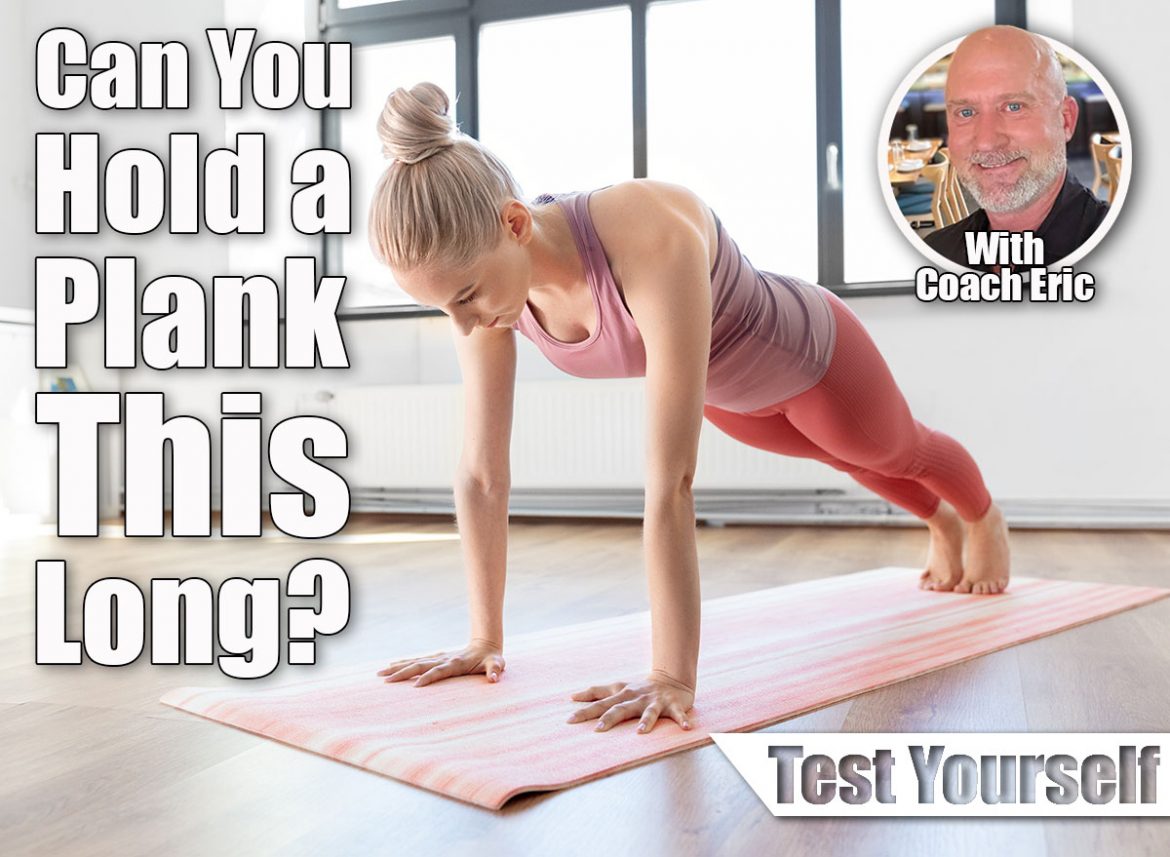
A strong core is essential for total-body balance and stability. It also helps you power through daily movements with ease. As you age, it’s natural to experience a decline in muscle mass, making core strength all the more important. There are many ways to gauge your core strength, but the plank is by far one of the best methods. We chatted with experts and learned that if you can hold a plank for this long after 50, your core is stronger than most.
“After 50, most of us will begin to experience sarcopenia (muscle loss),” says Eric North, aka The Happiness Warrior—a wellness speaker, coach, and advocate redefining what it means to age with purpose, strength, and emotional vitality. “Training our core helps strengthen the spine, enhances balance, maintains functional movement, and helps preserve an active, independent lifestyle by providing stability for everyday activities like lifting, bending, and walking.”
Core strength also helps prevent falls as you age. This allows you to continue to lead an independent life.
If You Can Hold a Plank for This Long, Your Core Is Stronger Than Most
Shutterstock
Fun fact? The record for the longest plank hold is an impressive nine hours and 38 minutes.
That said, according to North, holding a plank for one minute is the golden standard for individuals in “average shape.””Two to three minutes is something we can attain and build up to in stages when we are consistent and make planks a healthy habit that can be performed daily,” he adds.
Most experts agree that a one to two-minute plank is a healthy goal to work toward for all age groups.”Think cumulatively if two minutes is just too difficult and try doing four sets of 30 seconds each with a 30-second rest period in between,” North suggests. “Small steps create big gains and improvements in our physical condition.”
Holding a plank for longer with proper form will always support stronger core muscles, leading to improved mobility and posture, North adds.
How To Perform a Plank With Perfect Form
Shutterstock
There are many effective plank variations. Below, we’re breaking down how to do two of the classics: a high plank and a forearm plank.
High Plank
- Start on all fours—hands under your shoulders and knees under your hips.
- Step your feet back, one at a time, until your body is straight from head to heels.
- Activate your core and keep your shoulders stacked over your wrists.
- Hold the position.
Forearm Plank
- Assume a forearm plank with your forearms on the floor—elbows under your shoulders—and body straight from head to heels.
- Engage your legs, glutes, and core.
- Hold the position for the prescribed time.
Alexa Mellardo
Alexa is a content strategist, editor, and writer based in Greenwich, Connecticut. She has 11+ years of experience creating content for travel, lifestyle, fitness, wellness, F&B, home, and celeb news publications. Read more about Alexa

